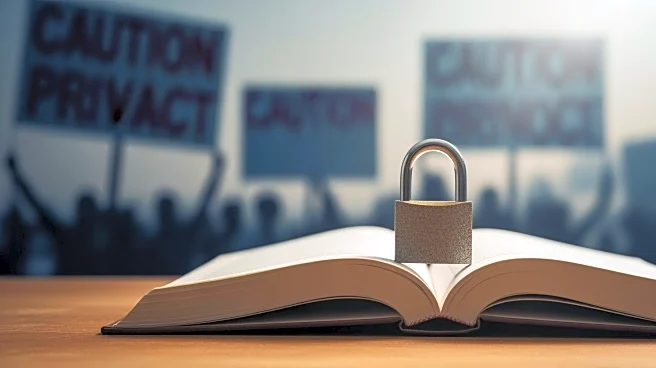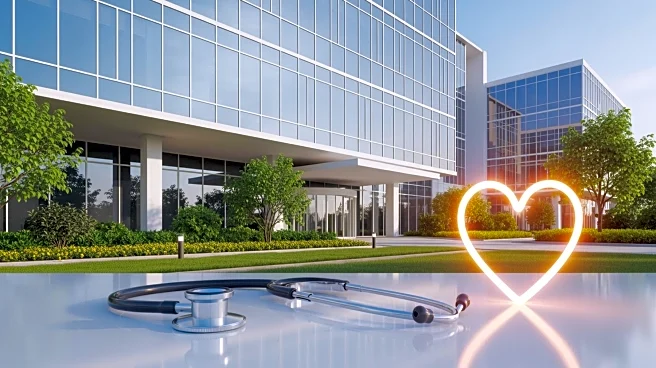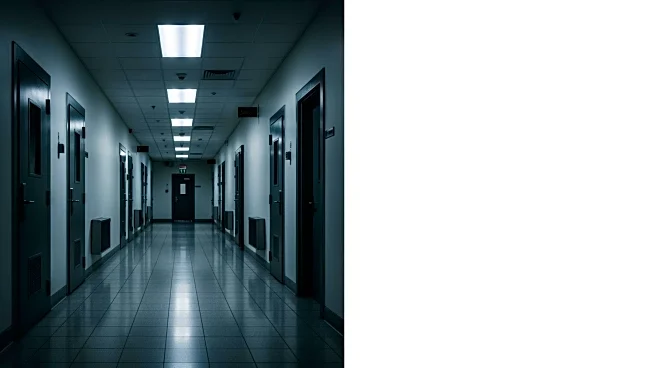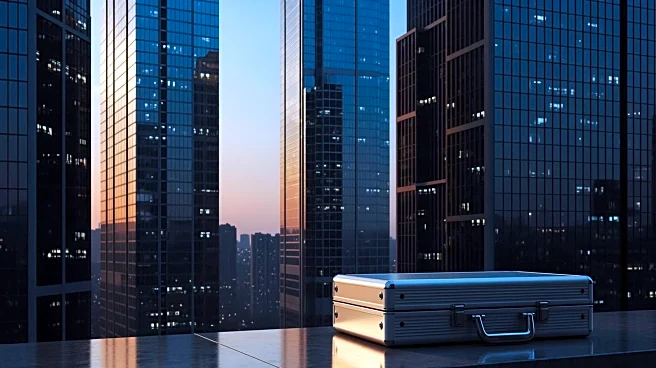What's Happening?
This weekend, millions are expected to participate in 'No Kings' protests across the United States, opposing authoritarianism and President Trump's administration. While attendees may be inclined to document the events through photos and videos, experts
warn of potential safety risks. Bill Budington from the Electronic Frontier Foundation highlights that these demonstrations, although peaceful, have been unjustly associated with terrorism. Maribel Hernández Rivera from the ACLU emphasizes that while individuals have the legal right to record in public spaces, sharing such media on social platforms can expose participants to surveillance and potential targeting by law enforcement or immigration authorities.
Why It's Important?
The implications of sharing protest media are significant, particularly for immigrants and those without secure legal status. Petra Molnar, a lawyer and author, notes that social media posts can inadvertently reveal personal details, which may be cross-referenced with government databases, leading to enforcement actions like detention or deportation. This highlights a broader issue of digital privacy and the potential misuse of technology by authorities. The situation underscores the need for awareness and caution among protesters, as well as the importance of legal protections against unwarranted surveillance.
What's Next?
Participants are advised to take precautions when documenting protests, such as obtaining consent before photographing individuals, using tools to blur faces, and considering the potential reach of their social media posts. These measures aim to protect the identities of those involved and mitigate risks. The ongoing dialogue around digital rights and privacy is likely to continue, with advocacy groups pushing for stronger legal safeguards to protect individuals from surveillance and data misuse.
Beyond the Headlines
The 'No Kings' protests and the associated risks of digital documentation reflect broader societal tensions regarding freedom of expression and government surveillance. The events highlight the delicate balance between exercising one's rights and ensuring personal and community safety. This situation may prompt further discussions on the ethical use of technology in public demonstrations and the responsibilities of both individuals and authorities in safeguarding civil liberties.















